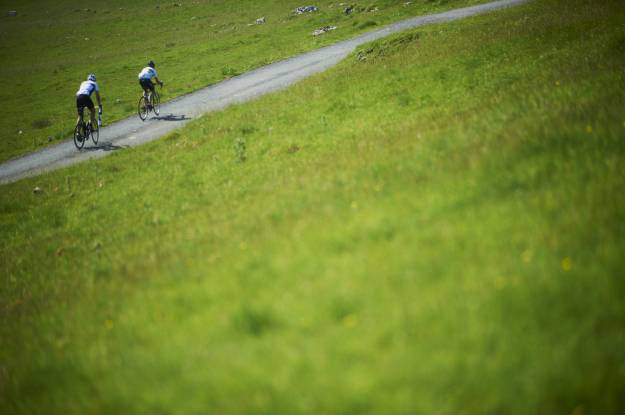We would like to thank the World Anti-Doping Agency for their efforts in reviewing this matter. The study covered by the WADA review took place over a decade ago but it is vital that any concerns regarding the decision-making processes of anti-doping authorities are properly scrutinised whenever they are raised.
We have been very happy to offer WADA our full and wholehearted help and cooperation throughout their review of the 2011 study and we welcome their recognition of the diligence with which we have pursued this responsibility. The WADA review addresses three allegations:
Allegation 1:
While the member of British Cycling staff who coordinated the 2011 study with UK Anti-Doping left the organisation several years ago, WADA’s finding that this was supported by UKAD is in line with our own understanding of events and attaches no fault to British Cycling or to the riders involved in the study. British Cycling only conducted the testing having sought and received the express approval of UKAD’s Director of Legal. We now look forward to assisting UKAD where we can in the audit of their decision-making processes planned by their interim Chief Executive Emily Robinson.
In recent years, British Cycling has made many sector-leading and transformative changes to our own processes, including:
- The appointment of a Chief Medical Officer accountable to the Chief Executive.
- The creation of a Clinical Governance Committee to provide independent oversight of the provision of medical care to riders who compete for Great Britain.
- The achievement of Care Quality Commission status meaning the medical care provided to riders competing for our country is independently assessed as safe, effective, compassionate and high-quality.
- The use of electronic medical note-keeping which means our records are independently assessed by qualified professionals.
These improvements demonstrate the standards to which we hold ourselves and which British Cycling members and fans of our sport rightly expect us to achieve. Notwithstanding that WADA attached no fault to British Cycling, these improvements mean the 2011 events described in the WADA review could not be repeated at British Cycling today and, while there can be no room for complacency, we are proud of the progress we have made towards our ambition of becoming a world-leading governing body.
Allegation 2:
WADA’s findings relating to a 2016 discussion of anti-doping processes are entirely in line with the statement we made when this matter was raised in April this year.
In February 2016, a former British Cycling employee made a proposal to the federation's anti-doping commission, which included two representatives from UK Anti-Doping, that UKAD share information from athlete biological passport monitoring with the medical team for the Great Britain Cycling Team.
The minutes from the meeting record that this proposal was made with the intention of better supporting the work of anti-doping organisations. The minutes also record that the proposal was not accepted and that this would be confirmed in writing.
Allegation 3:
This allegation concerns athletes from another sport and is not connected to British Cycling in any way.










